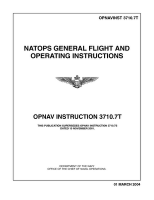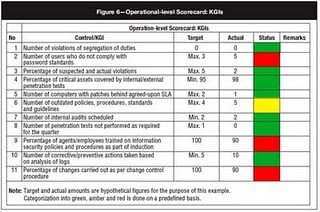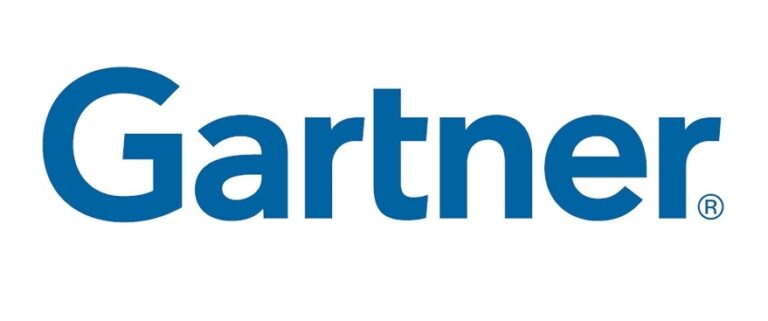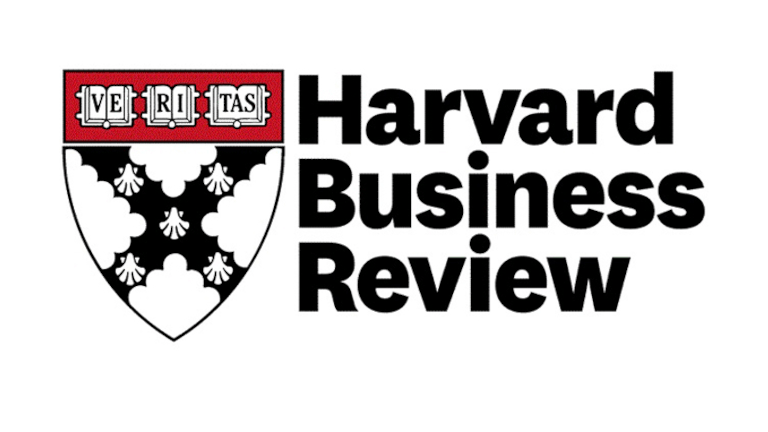Force Multipliers for High Performing Teams
John Borneman here.
In today’s rapidly changing business environment “solid” teamwork is critical for delivering outstanding results. To truly achieve extraordinary results your team needs to lock on to key best practices or what we call Force Multipliers.
Below are four critical Force Multipliers that can help make your team a High Performing Team.
Force Multiplier 1. Conduct More Effective Meetings: “We have too many meetings!” is the battle cry of the knowledge worker. Intuitively many managers have sought to reduce the number of meetings in order to improve the efficiency- this will not fix the problem.
The problem in most companies is not too many meetings – it’s that their meetings are irrelevant.
Often the reason for the meeting is unclear. There are no rules of conduct for the meeting. This leads to confusion and frustration for the people involved. We’ve witnessed many well-intentioned teams, meeting for all the right reasons, only to be derailed by a lack of basic structure or discipline.
Here are some practical tips that will dramatically improve the effectiveness of your meetings.
- Determine when your team must meet in order to allow participants the time they need to plan and brief prior to the meeting.
- Determine the desired effect of your meeting. What are three things you want to achieve as a result of having your meeting?
- Each agenda item must have an objective; the two most common objectives are to update the team on a current situation/project or to share and discuss information in order to make a decision.
- Create an agenda that is flexible but focused on the elements critical to successful decision-making and execution.
- Meeting participants must do any required pre-work.
- Establish Rules Of Engagement (ROE) and enforce them. Here are some examples of meeting ROE:
1) Only one person speaks at a time.
2) No sidebar conversations.
3) No email / cell / Blackberry/ iPhone interruptions.
- Complete a Commitment Sheet at the end of the meeting and email it to the participants after the meeting. Include the decisions discussed, actions to be taken, deferred decisions and contingency plans.
- Filling out a Commitment Sheet ensures accountability and can dramatically improve how a team addresses issues and makes decisions.
Force Multiplier 2. Build a Relevant Team Scorecard: A relevant scorecard is essential to a High Performing Team.
- Too many teams measure the wrong things — which can kill a team’s performance. The saying goes…”ask the wrong questions, get the wrong answers”. Focus on a few sets of relevant metrics that support the team in their decision-making and execution responsibilities.
- Have an up to date, written plan.
- Remember to keep the appropriate level of detail. Too little detail and the numbers are worthless. Too much detail and people don’t read or understand them. Recognize that your initial scorecard will NOT be perfect and will need constant testing and revision until it seems right.
- Finally, make sure that what you choose to measure supports the broader operational goals.
Force Multiplier 3. Commit to a Set of “Living” Standards: Most companies have standard operating procedures (SOPs) on the shelf in some cubical.
Most SOPs are outdated the day they are written. This is a tragedy.
 Your SOPs enable standardized execution, and must be a central part of your team’s execution process. They have to be frequently updated, referenced and upheld again and again by leaders of the team.
Your SOPs enable standardized execution, and must be a central part of your team’s execution process. They have to be frequently updated, referenced and upheld again and again by leaders of the team.
Standards are critical to gaining Lessons Learned from Debriefing. They help you understand whether failure to adhere to the standards caused the failure or, conversely, whether your team’s success resulted from NOT following the standards.
Adjust your SOPs to the next best practice so this knowledge is constantly leveraged in follow-on execution.
Force Multiplier 4. Establish Disciplined Communication Rules: Undisciplined communication will sap the effectiveness of any group.
We’re not talking about the interpersonal chat that goes on in an organization, but how team members send and receive information to one another- the voice mails, emails, ad hoc meetings and memos.
Teams with a good Battle Rhythm take these daily communications seriously enough to create detailed standards for them
Here are a few examples:
- Communication should be face to face first, voice second, and email / text message last.
- All communication should start with the Bottom Line Up Front (BLUF) or the Headline first then provide amplifying information.
- Never leave a voice mail longer than 15 seconds.
- Always include a routing code in the subject of your emails so that it can be automatically handled by each team member’s Outlook software.
- Never reply more than once to an email. Start a new email so the recipient does not have to read a long string of messages to figure out what you are talking about.
- Never handle a conflict with an email — only in person, or over the phone if meeting in person is not possible.
High Performing Teams Drive Measurable Results
The processes that we learned in the highly competitive, demanding, and constantly changing environment of fighter aviation allowed us to achieve great results in extremely difficult & dynamic environments. They can help guide your organization through the challenges and changes that define modern business.
There are plenty of “good” teams out there, but it takes far more discipline and commitment than most leaders want to give to become a “High Performing Team”. If you have what it takes to lead the process, the payoffs will be significant.
A graduate of the US Naval Academy and the military flight school known as “Top Gun,” John “Hatch” Borneman turned years of military aviation training into winning strategies for today’s business leaders. John’s specialty is teaching viable strategy, planning and execution processes that drive positive results. As an insightful and disciplined team leader, John has partnered with corporate leaders with multiple Fortune 500 companies across the globe to solve high-profile corporate challenges, establish value-adding strategic business plans and propel those strategies throughout the organization. Contact him at jborneman@thecorpsgroup.com or connect with him on LinkedIn.









